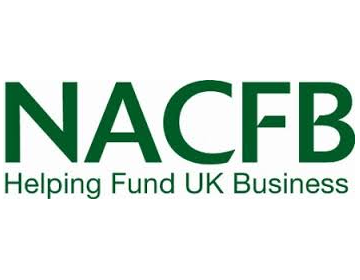Nisha Vaidya, mortgage expert at Uswitch, explains how homeowners can use low-interest rates to their advantage and help make their mortgage more affordable.
UK mortgage interest rates are at an all-time low, yet many homeowners are still struggling; in fact, one in ten homeowners have reported being unable to afford their mortgage payments in the last twelve months.
Now is the time for homeowners to take action to make their mortgages more affordable. And the good news is that there are several options available to help bring down those monthly repayments, if an overpayment isn’t an option.
1) Shop around! Avoid lapsing onto your standard variable rate (SVR)
Once the minimum term on your mortgage ends (typically after two or five years) you generally go onto your lender’s SVR. These rates are higher than fixed rates and should be avoided where possible. When your deal is coming to an end, you should look at your remortgage options, with the aim of moving to a cheaper deal if you can.
2) If you can remortgage early, then don’t wait
With interest rates so low at the moment, now is the perfect time to remortgage and lock in a fantastic fixed-rate deal. Therefore, customers might want to act quickly on this, as the Bank of England has already said that interest rates could increase to offset rising inflation.
Get in touch with your lender or review your mortgage statement to see if you’re close to the end of your current contract. If you’re within six months, contact your lender to see if there will be any exit or early repayment charges that may occur, before securing a remortgage and taking advantage of low-interest rate products before rates rise.
3) Extend your mortgage term to reduce monthly payments
If remortgaging isn’t an option for you right now, you might be able to reduce your monthly repayments by increasing the overall term of your mortgage. In the short term, doing this can give you some breathing room if you’re struggling to make ends meet. However, be aware that you will be tied into your payments for a longer time and will pay more in the long run as you will be charged interest over a longer-term.
4) Make a temporary switch to interest-only payments
If you’re struggling to make repayments, you might be able to change your mortgage to interest-only. Compared to a repayment mortgage (where you pay back both the loan and the interest) with an interest-only payment, you’re just paying the interest on the loan.
This should only be a temporary switch, as you won’t be making a dent in the overall loan and will need to pay the overall capital back at the end of your mortgage term.
5) Check to see if you have insurance cover
Another way to cut costs if you are worried about mortgage repayments, is looking to see if you have insurance cover. Mortgage payment protection insurance (also known as accident, sickness and unemployment insurance), can often help with mortgage repayments if your income has dropped due to sickness or recent redundancy.
If you are unsure whether you are covered, check your mortgage paperwork or ask your lender or broker for advice on your insurance cover from when you set up your mortgage plan.
*Nisha Vaidya is a mortgage expert at Uswitch, a price comparison service and switching service

















Join the conversation
Be the first to comment (please use the comment box below)
Please login to comment